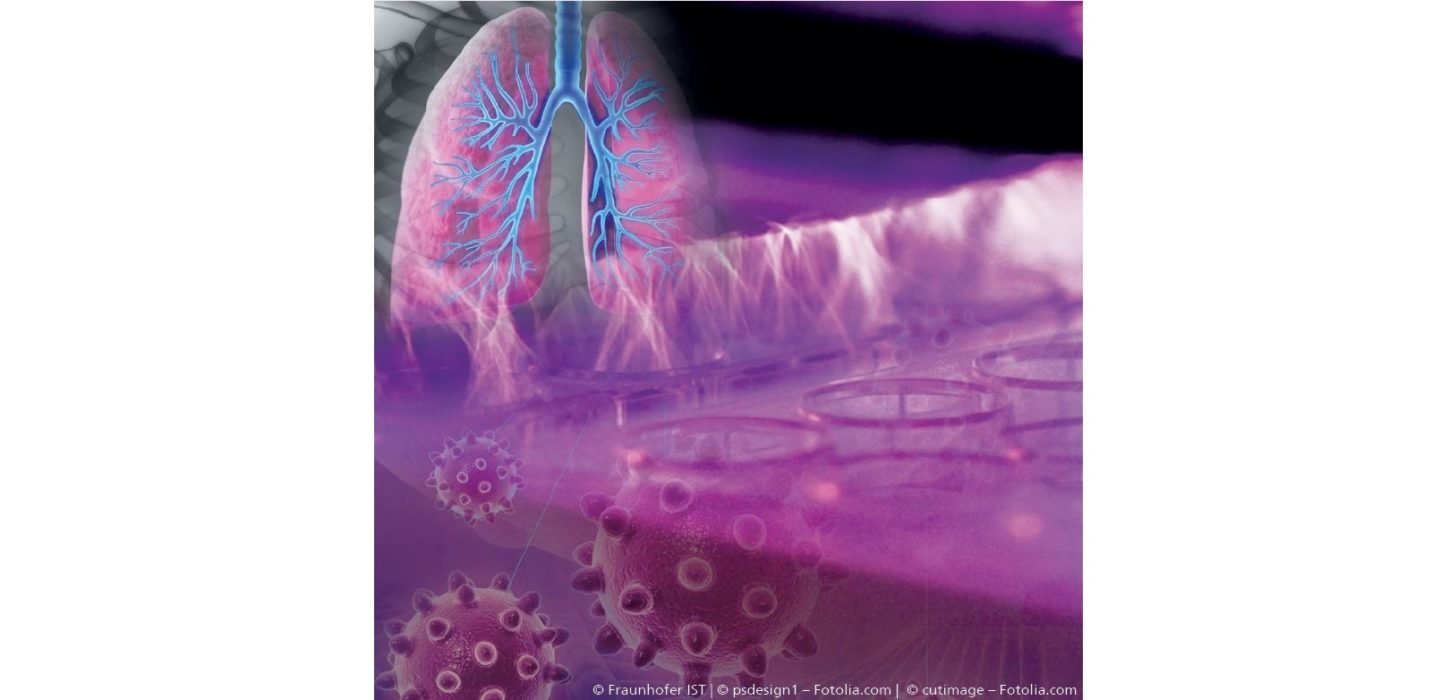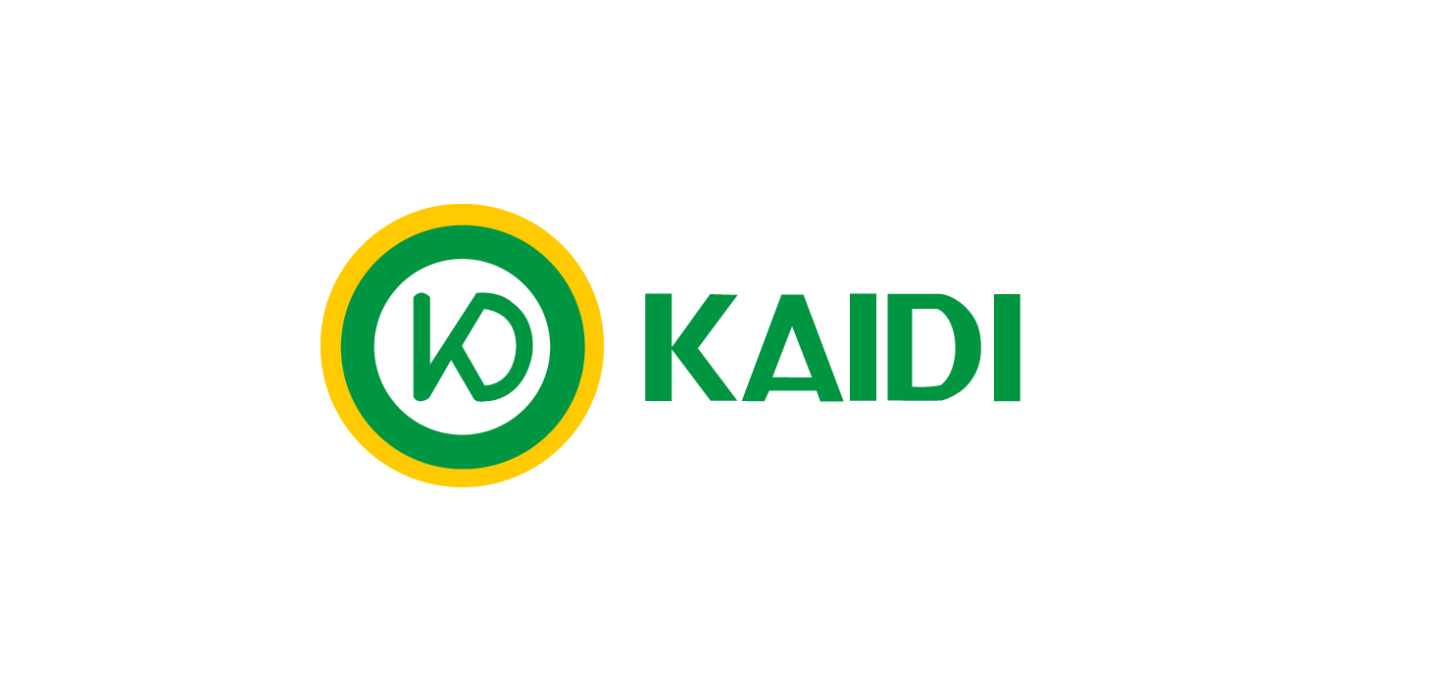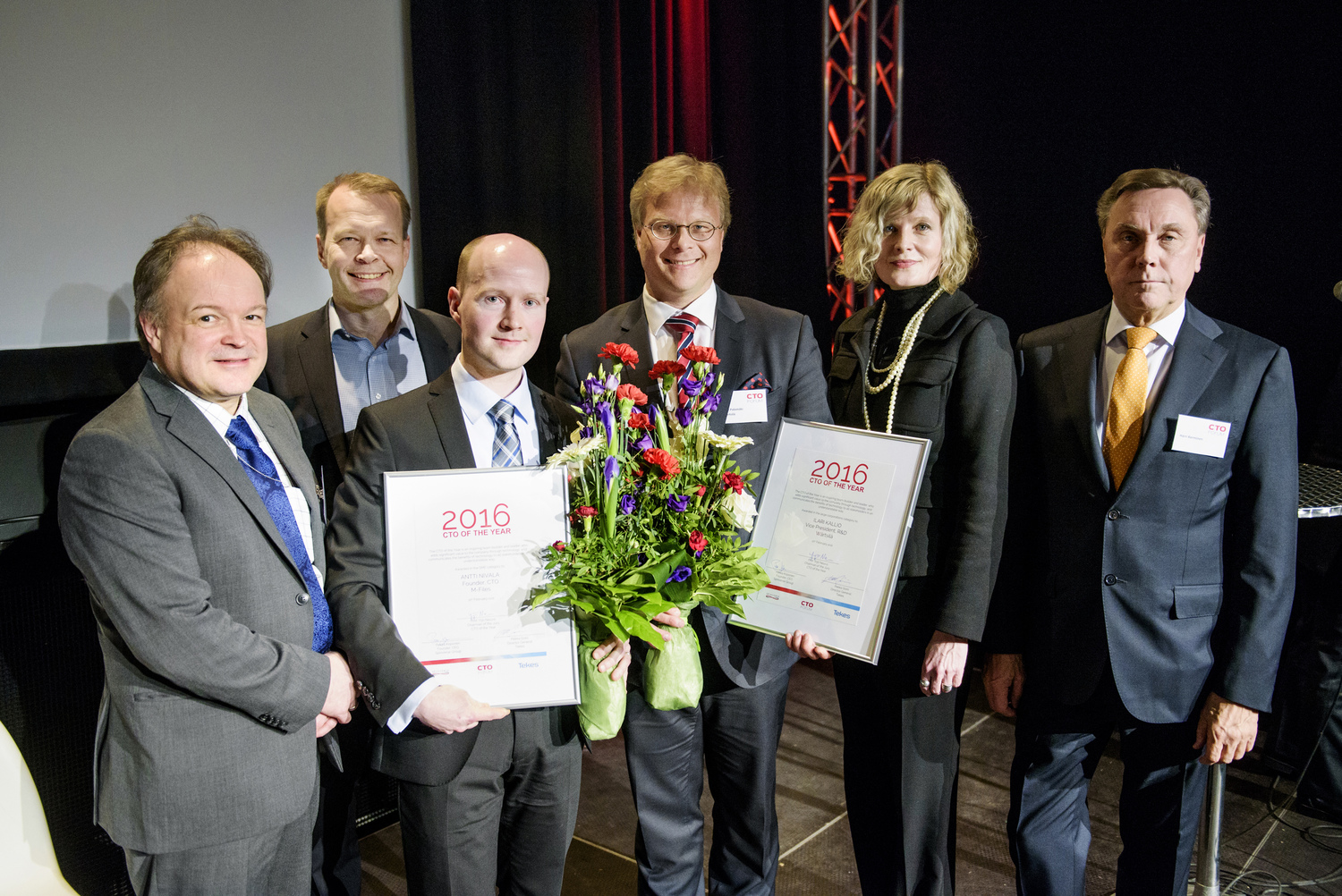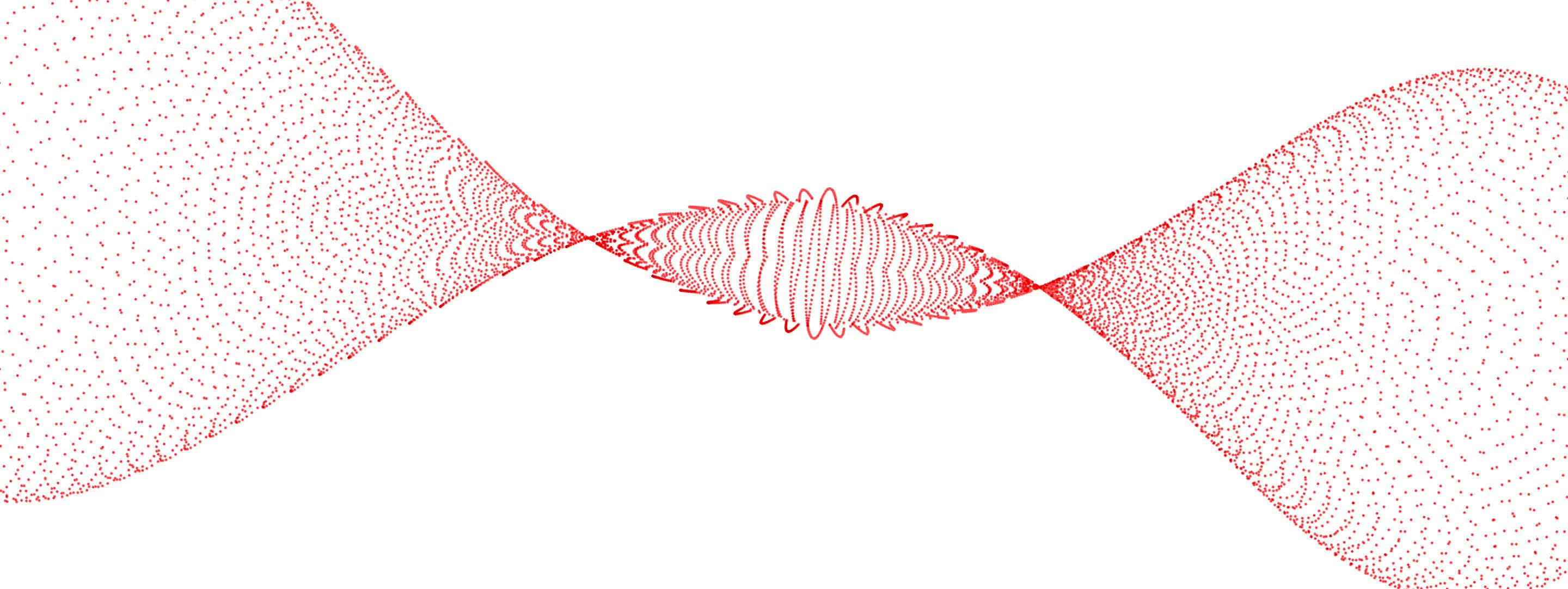
In the news: Spinverse-coordinated EU project IP4Plasma uses plasma to fight diseases
Euronews just published a fascinating piece on Spinverse-coordinated EU project IP4Plasma, exploring superpowers of plasma for innovative rapid tests for tuberculosis and HIV.








